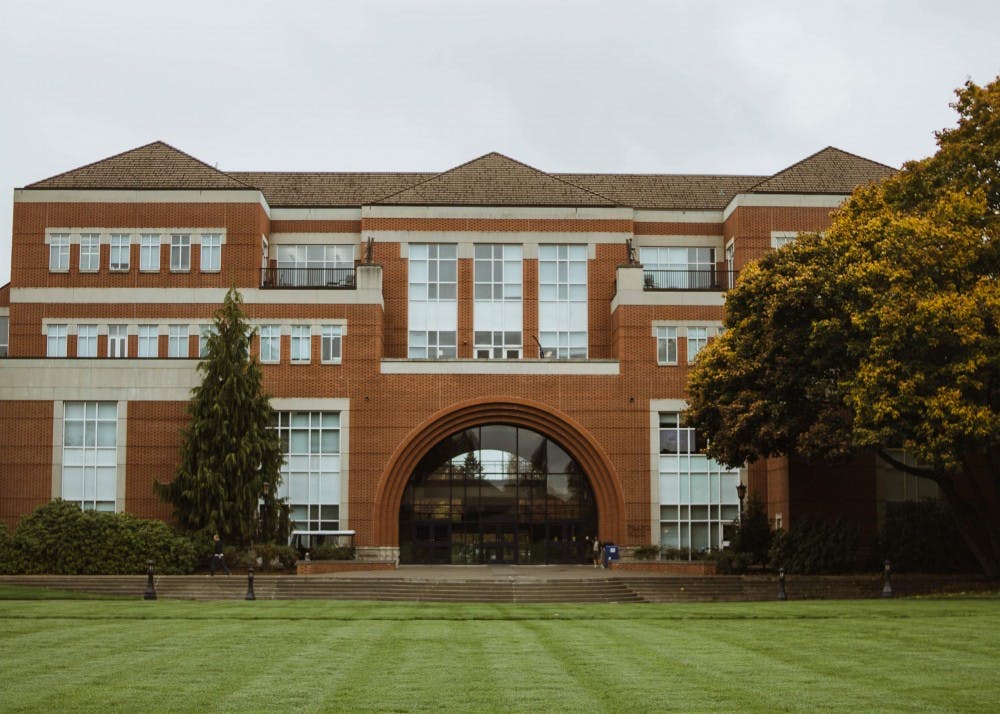Jeffrey Meiser had waited over six months for this day. Excited and nervous, he knocked on the door and was met with a friendly handshake and a ‘how are you doing?’ from Herbert Medina, dean of the College of Arts and Sciences (CAS). Medina handed Meiser a sealed envelope containing a letter that held the key to Meiser’s future. He opened the letter and eagerly scanned the text until he found what he’d been looking for: “Congratulations.” Meiser had just received tenure at UP.
Meiser, who teaches political science, was among five UP professors who earned tenure at the end of January. The others were nursing professor Lindsey Benes, business professor Madhuparna Kolay, psychology professor Zachary L. Simmons and psychology professor Sarina Saturn. Earning tenure basically ensures complete job security for professors; a tenured professor can only be fired under extraordinary circumstances.
Medina described the three newly tenured CAS faculty as “outstanding.” He said that it’s important to recognize just how much work goes into the tenure process.
“They earned tenure and promotion,” Medina said. “I don’t like to say it as ‘the university granted them (tenure).’ They had to work their butts off and shine both in research and in the classroom.”
Assistant professors can apply for tenure after five years of teaching at the university. The process involves submitting hundreds of pages of information detailing their career including student teaching evaluations, evidence of research in their field and letters from other faculty members in their department.
These packets are submitted in the summer and are reviewed by the professor’s respective dean’s office and the Rank and Tenure Committee, who then makes recommendations to the administration. Tenure decisions are announced at the end of January. Starting next academic year, these five professors will be associate professors, a promotion from their current status as assistant professors.
“It’s super exciting to read these files because I see the fantastic work that our faculty are doing,” Medina said. “For me it’s a pleasure to read through the files, read through the way that they view their teaching, read about their research, read some of the glowing remarks that are made both by colleagues here and external colleagues.”
Meiser said he’s relieved after earning tenure since it gives him a sense of job security and allows him to start thinking about long-term career goals. He also said he feels that UP is supportive of professors going through the tenure process.
“UP has been great, as far as I know, in helping people through it,” Meiser said. “There’s a sense that ‘we want you to get tenure.’ That’s kind of the message, ‘we want to help you, we want you to get tenure.’”
Saturn said earning tenure allows her to consider how she can positively impact students on The Bluff in the future. She’s particularly passionate about mental health advocacy and diversity and inclusion and is excited about continuing to work with students to create change on campus.
“I just love the students here so much, and knowing that I’ll be able to stick around and continue to support them continues to inspire me,” Saturn said.
Wes Cruse is a reporter for The Beacon. He can be reached at cruse20@up.edu.









